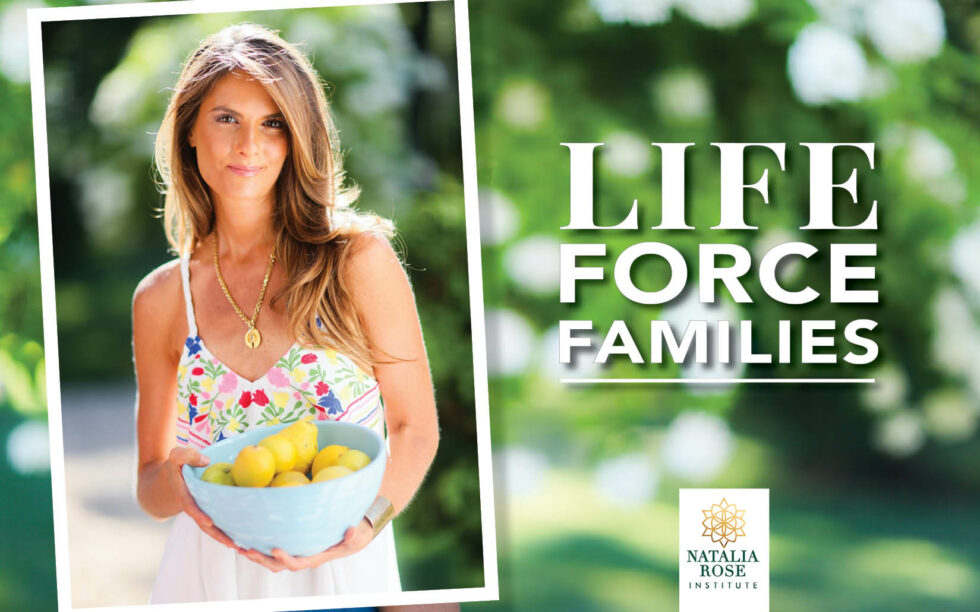Ours is not the task of fixing the entire world all at once, but of stretching out to mend the part of the world that is within our reach. Any small, calm thing that one soul can do to help another soul, to assist some portion of this poor suffering world, will help immensely. It is not given to us to know which acts or by whom will cause the critical mass to tip toward an enduring good. What is needed for dramatic change is an accumulation of acts—adding, adding to, adding more, continuing. We know that it does not take “everyone on Earth” to bring justice and peace, but only a small, determined group who will not give up during the first, second, or hundredth gale. — Clarissa Pinkola Estes
Ishmael said, “We know what happens if you take the Taker premise, that the world belongs to man.”
“Yes, that’s a disaster.”
“And what happens if you take the Leaver premise, that man belongs to the world?”
“Then creation goes on forever.”
“How does that sound?”
“It has my vote.”
—Daniel Quinn, Ishmael
When Daniel Quinn refers to the Takers and the Leavers he is talking about those who swallow harmful cultural values and norms, and those who abstain from them in support of a greater good. As members of the Natalia Rose Institute Community, we leave behind many common measures of health, beauty, and success—such as the Standard American Diet, popular beauty industry products and procedures, and the male and female archetypes of dominance and passivity—which we recognize as not only futile but also demeaning to our humanity. As Leavers, we strive to do no harm to the natural world, even to reverse the damage already done, in order to support the interconnected web of life.
As children in the Western world, we are typically taught, indeed culturally conditioned, to see all of nature’s resources as our rightful property. This is tragic, because compassion for other living creatures comes intuitively to most young people; the Taker mentality, on the other hand, must be drilled into them. By the time we are adults, if we are to regain any sense of harmony and acceptance about ourselves and the world we live in, we must unlearn the cultural dogma.
Take my seven-year-old son, Tommy, for example. One day this past summer, he and I were sitting together in the grass among a patch of clovers. Tommy asked me about four-leaf clovers, which opened up a conversation about the legend of the shamrock and the leprechauns that guard the pot of gold at the end of the rainbow. Finally, he cocked his shining eyes up at me and said resolutely, “Mom, if I were to follow a leprechaun to the end of the rainbow and find the pot of gold, I would never take it. It belongs to the Earth.”
If only more adults could share this intuitive understanding of the Earth’s resources! Our civilization continually plunders the Earth for its gold and countless other materials, drastically depleting the mineral composition of the planet, to say nothing of the surface devastation. It seems Tommy instinctively understands this in a way that the average Madison Avenue shopper either doesn’t or chooses to ignore.
One day at the beach, my kids and I made our way to an inlet where there were lots of large, beautifully colored crabs. Many children were there wielding nets. It took me a moment to believe what I was seeing. With their parents cheering them on, the children all had the same objective: to fill their metal-rimmed nets with crabs. They would haphazardly scoop up several crabs, obviously distressing the little creatures, whose flailing legs and pinchers were getting all tangled in the nets, their shells bashing against each other. Then the kids would try to dump the nets all at once, sending heaps of crabs crashing onto the sand, though it often took several violent swings to loosen them. When I suggested to the parents that this might not be a suitable form of recreation to be teaching our kids, suffice it to say, I was met with open hostility. This reaction both surprised and didn’t surprise me.
We are not born into a world that teaches us harmlessness, much less a higher consciousness that respects the interconnectedness of all life—what I call unity consciousness. But if we water the seeds of unity consciousness and harmlessness with our thoughts, intentions, and actions, we can lift ourselves up and out of the common paradigm of shortsightedness, selfishness, and instant gratification. Here are some tips to get you started:
•Take responsibility for your thoughts, choices, words, and actions.
•Check your intentions. Be honest about them and consider all the consequences.
•Protect innocent living creatures that cannot protect themselves.
•Consider the origins of your purchases, recreations, and general lifestyle patterns that do not support life in your immediate environment.
•Speak out peacefully but assertively against the herd when your spirit moves you to do so. If you start speaking up with confidence against small injustices now, you’ll soon be ready to speak up against much larger ones.
A Noble Cause
Do not mistake harmlessness with weakness. The most powerful individuals are those with powers of perception and wisdom, which, more often than not, help to prevent conflict. The more you practice harmlessness with unwavering integrity, the better your life experience and the more harmonious your interactions will become. Do not expect everyone to agree with you; in fact, many people will understandably act threatened and defensive if they feel they’re being unfairly judged. But your words will sink in—maybe not now, but later, when the heat of the moment has passed and there is time to reflect on events.
Our task is not to point fingers at all the people who are trapped in harmful patterns of behavior. Our task is first to clear ourselves of our harmful behaviors. This is not some holy war or crusade against heathens—after all, self-righteousness is merely another symptom of toxicity! This is a humble journey of self-discovery and compassion toward a greater humanity. It is okay to express outrage at injustices—indeed, it is our noblesse oblige as members of the Natalia Rose Institute Community to help the helpless. But we must do so in the spirit of compassion, with positive reinforcement and an unwavering commitment to changing our lives for the better.
Do not turn a blind eye to all the harms that are being inflicted in your world. In the modern age, harmlessness requires active participation, not long-suffering, self-silencing passivity. As you embrace the Natalia Rose Institute ethos, you will discover that detoxing is first about doing no harm. Begin with yourself, by clearing your physical and spiritual bodies of all that would harm them, and then let that harmlessness ripple out to touch other lives. In this simple way, you will bring more light, love, and compassion wherever you go, and the world will thank you for it.
This concludes our seventh lesson. In next week’s edition of The Rose Program Insider, we will talk about embracing the power of honesty!



